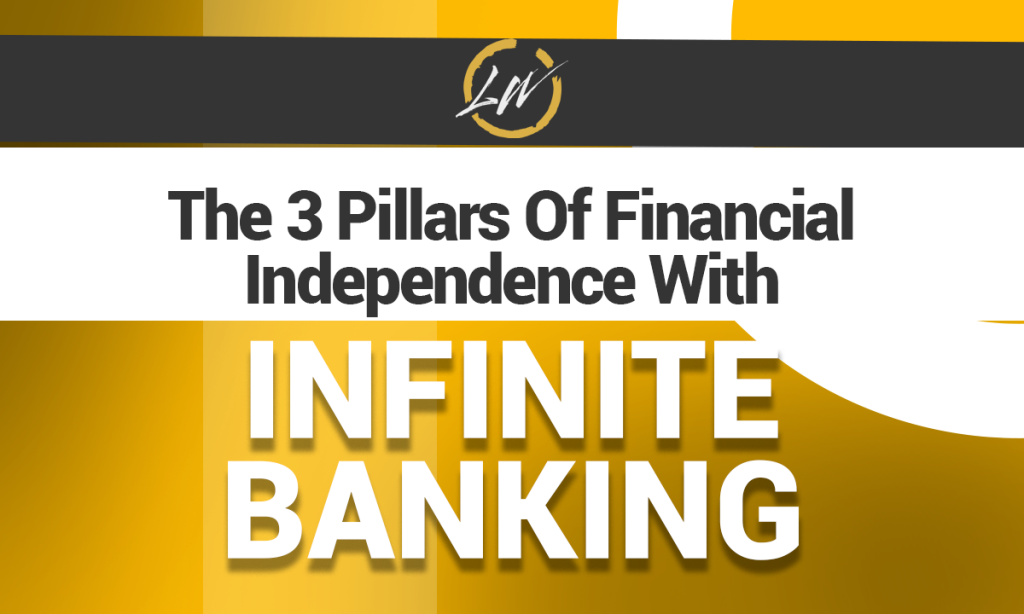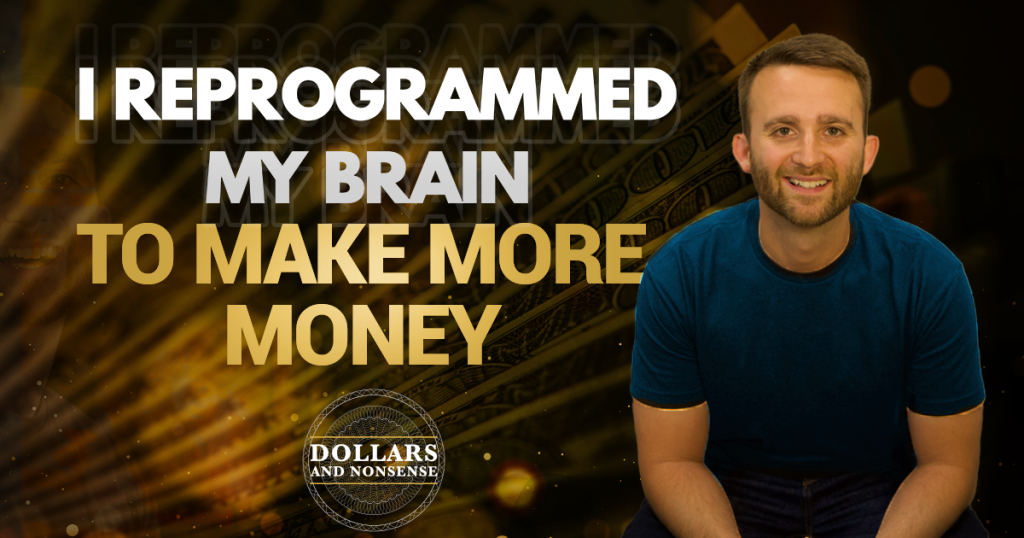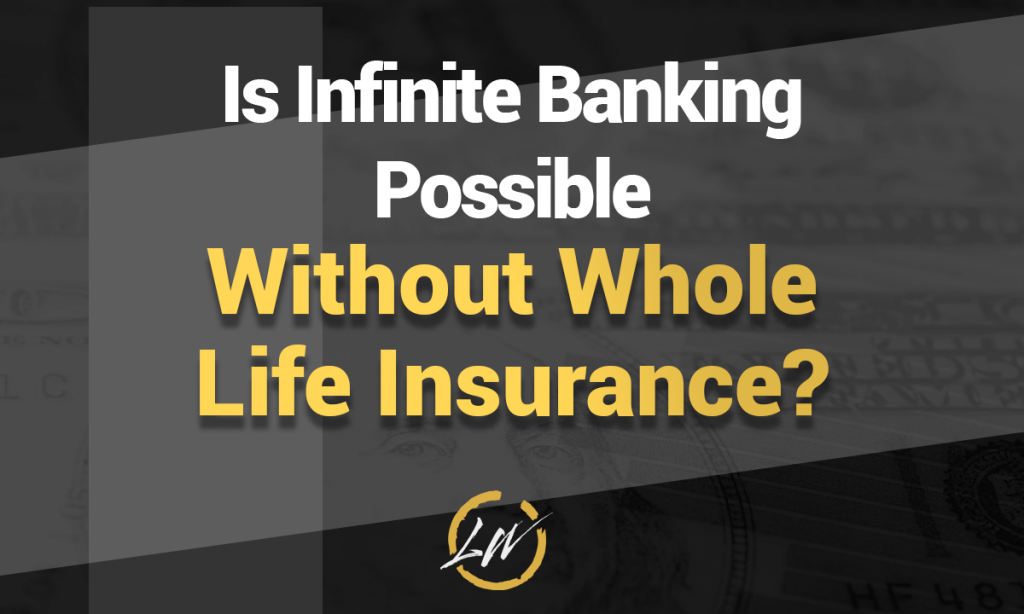
E244: The 6 Principles Of Infinite Banking
Are you tired of conventional banking systems that don’t work in your favor? Find out why Infinite Banking is a safer platform to build your life on, as opposed to traditional banking methods. We’ll delve into the six principles that make Infinite Banking a robust financial strategy for securing and growing your wealth. Learn how










